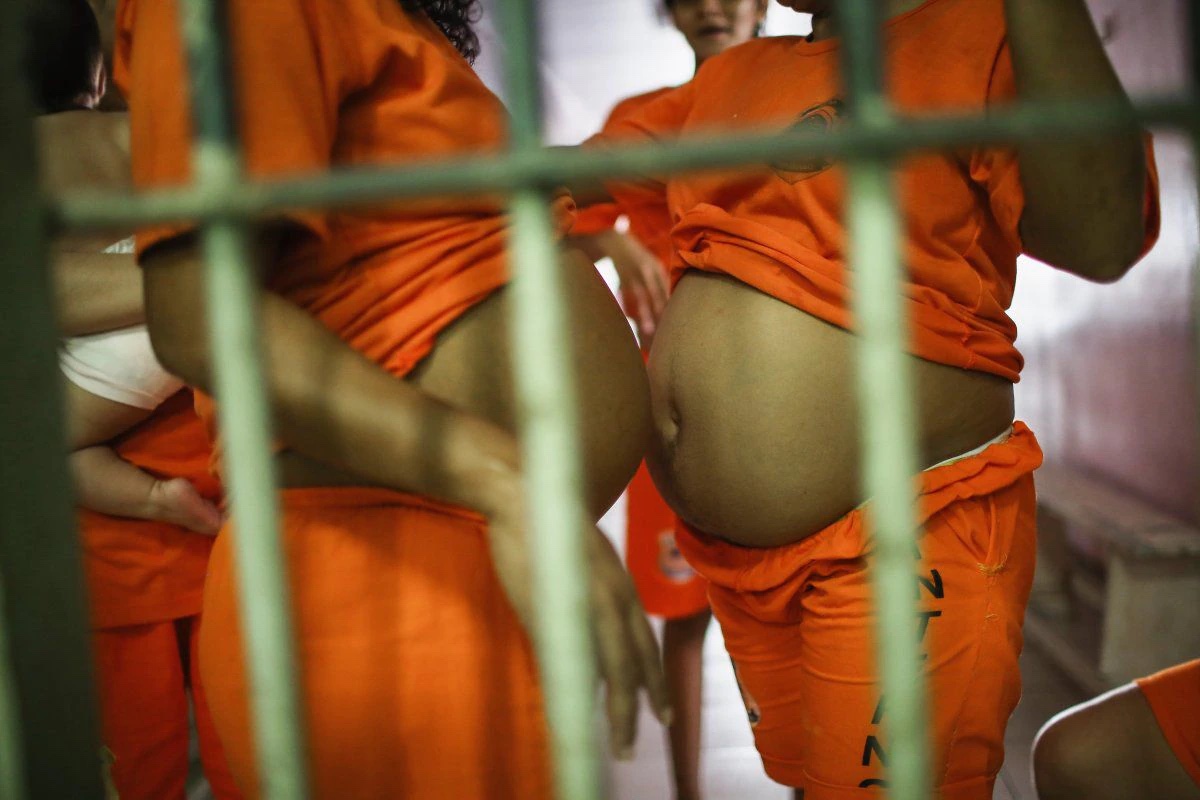New Law Will Make Minnesota First State To Stop Separating Incarcerated Mothers And Newborns
The law is being finalized but will go in effect this July.


Photo Courtesy of Getty Images (Mario Tama)
A new law introduced in Minnesota seeks to end the forced separation of incarcerated mothers from their newborn babies after giving birth.
The United States has more people in jail or prison than any other country in the world. According to Statista, there were 2.12 million people behind bars as of June 2020.
Many incarcerated individuals have to contend with physical, emotional and psychological abuse, as well as cruel and unusual punishment, especially in pregnant imprisoned women.
According to The Lily, currently, incarcerated mothers in Minnesota are not allowed to keep their newborn children. They are given 2-3 days in the hospital before the baby is taken away from the mother and placed in the care of a relative or become a ward of the state.
Raelene Baker, a doula in the Minnesota prison system, has already made moves to make sure this practice is obliterated.
Baker has been lobbying and organizing with her colleagues. As a result, Governor Tim Walz signed a law in May that will make the state the first one in the country to stop separating women in prison or jail from their newborns.
Related Story: Formerly Incarcerated People Will Have Employment in Down North Pizza Shop
According to The Star Tribune, the law will allow mothers and babies to stay together in a community-based program for up to a year after birth and will go into effect in July.
According to the Star Tribune, in Minnesota, around 20 women give birth in jail every year. Nursing for Women’s Health reports that nationally this number is around 1,400, with 6-10 percent of women being pregnant when they enter jail or prison.
In her experience, Baker said most of the pregnant women are in jail or prison for something minor, often something as small as a technical violation of an old charge. Half of the women would be released six months after giving birth.
Senator Mary Kiffmeyer-(R) told the Star Tribune, “These are already very short sentences, but this period of time in a baby’s life and a mother’s life is critical. There’s always that concern that you’re being soft on crime, but this is being soft on babies. It gives them a chance.”
Similar laws are popping up in other states across the country. In Georgia, the state legislature is considering a bill that would allow judges the discretion to release pregnant women on bond and defer their sentence for 12 weeks postpartum.
The Lily reported that several other states have programs that allow infants to stay with their mothers for more than just a few days after birth.